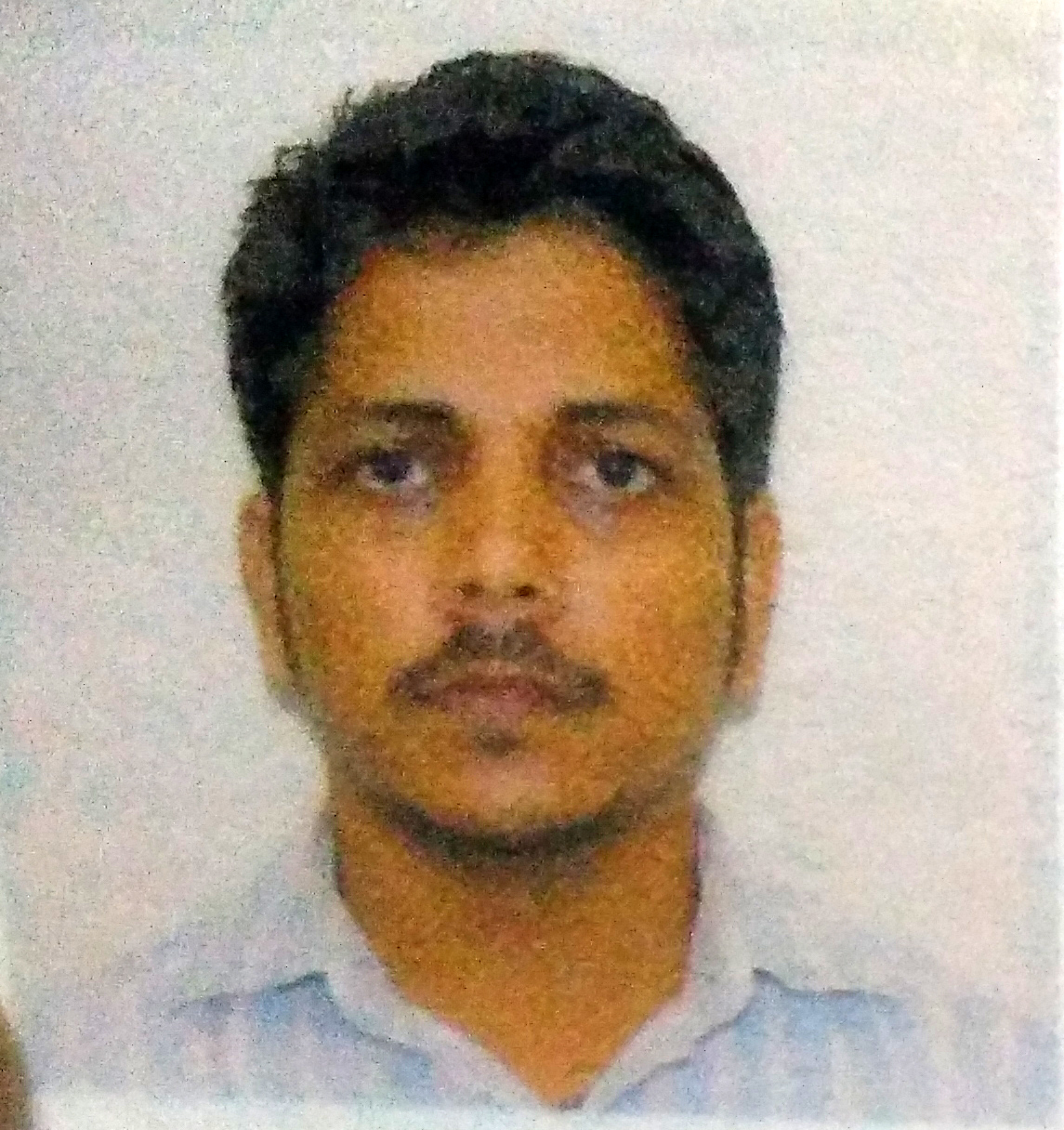In an effort to address mounting food safety concerns regarding Indian shrimp exports to the European Union, the Seafood Trade Intelligence Portal (STIP) will host a dialogue between Indian and European stakeholders at the 2018 International Seafood Show 2018, taking place 28 and 29 January in Goa.
The E.U. is the third-largest importer of Indian marine products and accounts for USD 5.7 billion (EUR 4.7 billion), or 18 percent of India's seafood exports. In 2016, in response to a rise in incidents of antibiotic-contaminated shrimp arriving in the E.U. from India, the E.U. increased the number of consignments it inspected from 10 percent to 50 percent. The move has caused a trading logjam, with Indian shrimp now taking six weeks longer to get to European markets, and has raised the price of Indian shrimp in the E.U.
In November 2017, an E.U. inspection team visited India to conduct a review of its seafood quality control regime. The Business Standard reported the team expressed satisfaction following their audit and ruled out imposition of any additional trade restrictions. However, the paper also reported that the 50 percent level for consignment inspection is likely to remain in place for the foreseeable future. The E.U. team’s formal report is expected in February.
STIP, in a statement, said that the dialogue it will host between representatives of the seafood industry in India and the European Union aims to create a “shared understanding of the current situation and to develop a strategy to limit the use of antibiotics in the Indian shrimp sector in order to comply with applicable regulations.”
Due to the uncertainty regarding potential E.U. measures against India, importers and exporters face difficult times in doing business, STIP said in a statement.
STIP, based in Utrecht, the Netherlands, is a networking organization that assists seafood businesses to establish partnerships for sustainable seafood supply chains and to facilitate investments from production to marketing. It has said a number of high-level officials will participate in the meeting in Goa, including a representative from the Embassy of the Kingdom of the Netherlands in New Delhi; European importers Klaas Puul, Seafood Connection, and Nordic Seafood; the retailer Colruyt; India’s Marine Product Export Development Authority (MPEDA); the Seafood Exporters Association of India (SEAI); the Seafood Importers and Processors Alliance (SIPA); the Dutch Fish Importers Association (ViV); and the Danish Seafood Association.
Apart from the Goa meeting, STIP, and Solidaridad, an international market-oriented civil society organization, will organize several meetings between European buyers, Indian exporters, delegates of the European Union and European embassy representatives, to discuss proper antibiotic use by shrimp farmers, according to STIP Director Willem van der Pijl.
“With Solidaridad in India, we will also organize two regional dialogues in Odisha and Andhra Pradesh and start a campaign to make farmers aware about the consequences of using antibiotics in shrimp farming,” van der Pijl said.
Ivan Bartolo, president of the European Seafood Importers and Processors Alliance (SIPA), said that the dialogue will facilitate “continuation of the trade between India and the E.U.”
“SIPA has a mandate to improve seafood safety and security and to ensure that standards are maintained into the future,” Bartolo said.
Frans Zeeman, a representative of the Dutch association of fish importer, and Sjoert Moors, the shrimp purchase manager for Seafood Connection, said they look forward to joining the meeting.
Moors and Zeeman said they believed the event will help ensure that all Indian shrimp are farmed and produced according E.U. safety measures, to reduce the current strict inspection regime for exports and brainstorm about a green ticket policy to facilitate efficient exports for companies with a good track record.
Nordic Seafood CEO Lars Hermes Olsen said that the meeting was part of a broader effort on behalf of European seafood importers to work with the Indian shrimp farming industry to better comply with E.U. regulations and standards.
“We see the support from the E.U. seafood importers in this matter as a first step towards a more sustainable shrimp farming sector in India,” Olsen said.






